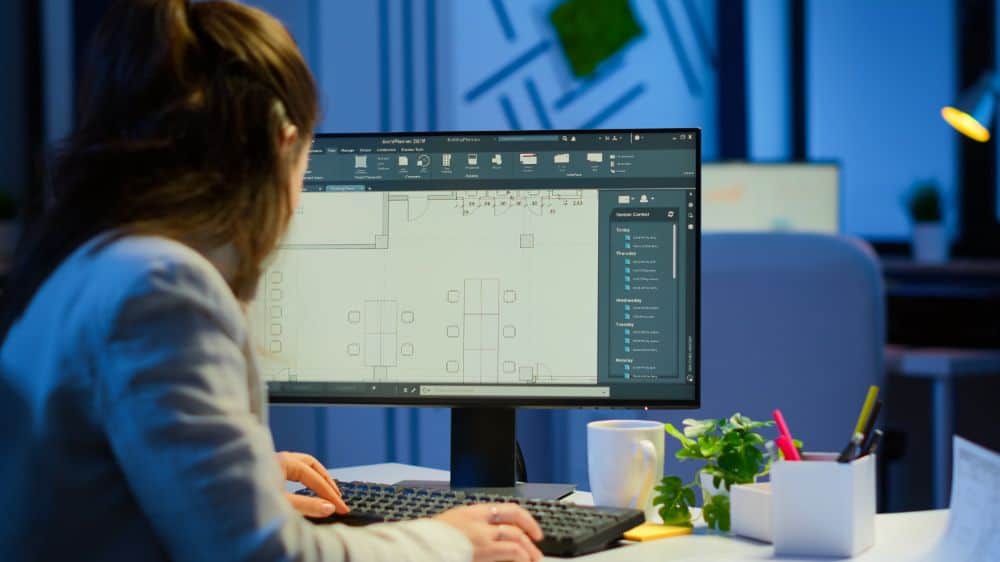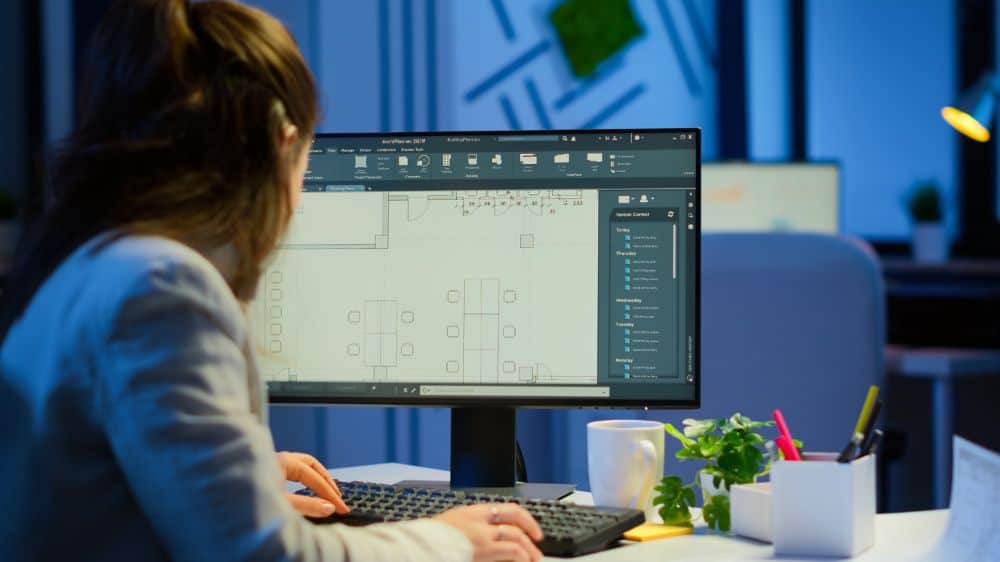In India, the 4.0 industry has a bright future. Industry 4.0 refers to the fourth
generation of manufacturing and smart industries. The concept of connected
industrial production is becoming more popular.
Around the world, factories and their machines are becoming smarter as connected
equipment and solutions start operating as part of a more significant, more
responsive, and agile infrastructure. The goal is to reap benefits by improving
productivity and competitiveness, driving innovation, and better managing safety,
performance, and environmental impact.
Industry 4.0 entails extensive use of automation and data exchange in manufacturing
environments, including cyber-physical processes, analytic tools, the Internet of
Things (IoT), 3D printing, and cloud services, among other things.










